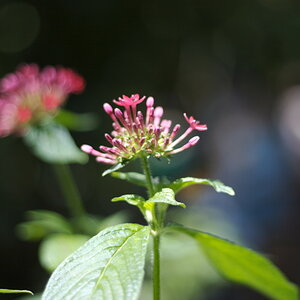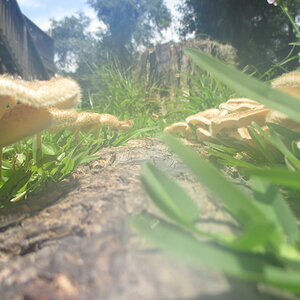goodguy
Been spending a lot of time on here!
- Joined
- Dec 5, 2012
- Messages
- 5,555
- Reaction score
- 1,121
- Location
- Toronto Canada
- Can others edit my Photos
- Photos OK to edit
Dont know about that 2 year thing but Pentax makes excellent cameras, I do wish they will start making FF cameras!Things like the sensor tech are also short term - 5 years or so ago Canon was totally ruling the roost sensor wise - now its Sony (Nikon uses sony sensors and Sony have sunk something like 5 times the R&D money into sensors than the others just because they wanted in on the market so had to come to the table with something outstanding to get a foot in) in a few years it could be Pentax!
Pentax also use Sony sensors, and from reports I've heard their agreement with Sony restricts them to sensors 2 years old or more. They have on occasion managed to eeke a little bit more out of the sensors than Sony or Nikon did.
It will be nice to have a fourth option and not just Nikon, Canon and Sony.
The more competition the better it is for us users/customers.




 LOL
LOL

![[No title]](/data/xfmg/thumbnail/37/37519-6093821531f744039f3ac2b3e30c7dbf.jpg?1619738128)

![[No title]](/data/xfmg/thumbnail/32/32157-d34c504b7ccf1335e959a8a2be6cfacc.jpg?1619735234)




